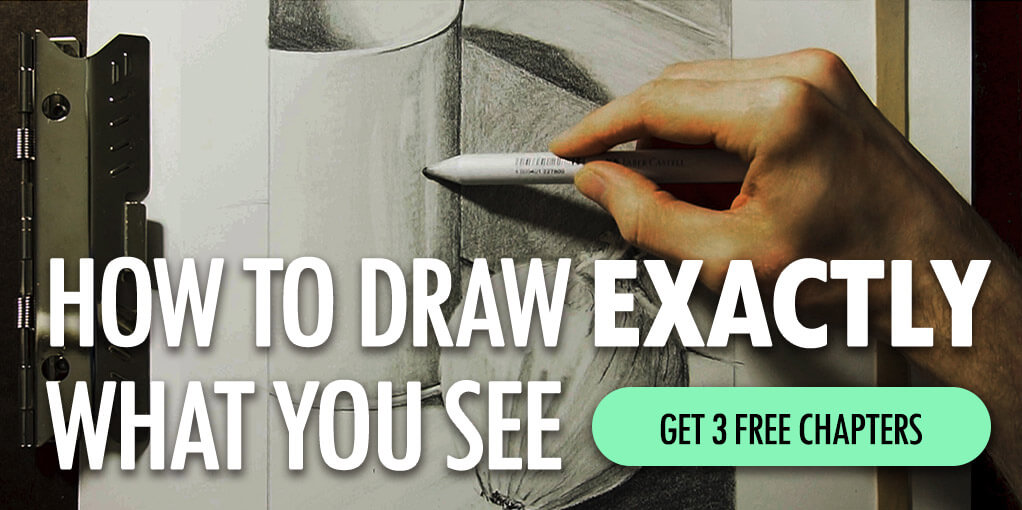Best Brushes For Wet On Wet Oil Painting
By Calico d'Nikonian in Misc> Art Opinion
A few years ago, I was on the verge of concluding that art was either for snobs or elitists, and that it was exclusive, as opposed to inclusive.
The general public is often led to believe that art is for those who've received a nearly spiritual calling, whose dedication borders on fanatical worship. . . and it's assumed that after many decades of strenuous practice and austere sacrifice, they have been bestowed with the "secrets of the ages," gifted with esoteric, mystical brush strokes and other obscure and elusive techniques passed on only to the chosen few.
Quick announcement - EmptyEasel has created a quicker, easier way for artists to have their own art website. Click here to learn more and get a simple art website of your own!
As a child, and in spite of my visual disadvantage, I was winning art awards—even an art scholarship by age twelve. Regrettably, I was forced to surrender my art scholarship a year later due to my failing eyesight.
Today, at past sixty, I am still very near-sighted and now have failing health; I still regret having stopped drawing and painting. I've since discovered that giving up art was both foolish and not based on any scientific or ophthalmologic facts, but based on myth! It is now believed that if you DON'T use your eyes, you lose your vision. . . contrary to what I was told back in the mid-50s.
So a few years ago after discovering the late Bob Ross' wet-on-wet technique of oil painting, I began trying to secure organized instructions in the NYC area—with no success whatsoever.
I've come across a wall of ridiculous excuses and imagined reasons why this technique is not and should not be taught. . . quite baffling, to me, since I would think that anyone with the desire to learn to paint would be welcomed, encouraged and helped along the way by the more experienced and proficient.
I called several local colleges and left messages on numerous answering machines. Only ONE person replied. As soon as I mentioned my desire to learn wet-on-wet oil painting technique, I was told, "Oh, no serious painter does that."
I was somewhat taken aback by that remark. I asked why, and was told something to the effect that it was not real art.
This answer was given without regard to the historical fact: that wet-on-wet techniques were used during the 1300s by Dutch painters, and also used during the mid-1800s to about the first quarter of the 1900s by French Impressionists.
I was under the impression that art was performed for the sheer enjoyment, for recreational purposes, too—not just as a lifelong vocation.
I've had occasion to see many of Bob Ross' taped shows and I hear him saying that he is ONLY teaching us a method so that we can go out and do our own thing.
He drones on and on, saying not to copy but to create individual paintings, explaining that he is giving us the tools and it is up to each viewer to work on developing their skills and confidence to create original works.
Still, there are those who continue to berate and denigrate the style and repeatedly spew the same misinformed so-called complaint, that "all Bob's paintings look the same," ignoring that they are simply learning exercises much like children learning the alphabet but who later on they all go on to compose their OWN individual thoughts.
I've even heard some say that Bob Ross' paintings lack detail—but what kind of detail can a person add to a painting done in about 28 minutes, and performed exclusively for teaching a technique?
I sometimes think and wonder, "Is this what the great Impressionists went through? Is this what the great Surrealists went through. . ." along with every other new innovator in the art field facing those stubborn critics who refuse to let go of the past, prohibiting new ideas, new thoughts, and new methods because of their stubborn hold on the supposed "classical" or "traditional" techniques?
If Dutch painters were using this technique during the late 1300s and French Impressionists were using this technique from about the mid-1800s to the first quarter of the 1900s, how more "classical" does wet-on-wet have to be?
It wasn't even that long ago that people were fiercely debating whether or not photography was an art form. . . what's next?
This article was a guest post by Calico d'Nikonian. If you'd like to add something to the discussion, please send it in. New reader-submitted articles are published weekly.
GET EMPTYEASEL IN YOUR INBOX
We'll send you articles & tutorials right as we publish them, so you never miss a post! Unsubscribe here at any time.

NOTE: You may also be interested in EE's step-by-step drawing guide for artists. Click below to learn more!

This post may contain affiliate links.
Best Brushes For Wet On Wet Oil Painting
Source: https://emptyeasel.com/2008/11/05/whats-wrong-with-wet-on-wet-oil-painting-techniques/
Posted by: blakemanmulend.blogspot.com

0 Response to "Best Brushes For Wet On Wet Oil Painting"
Post a Comment